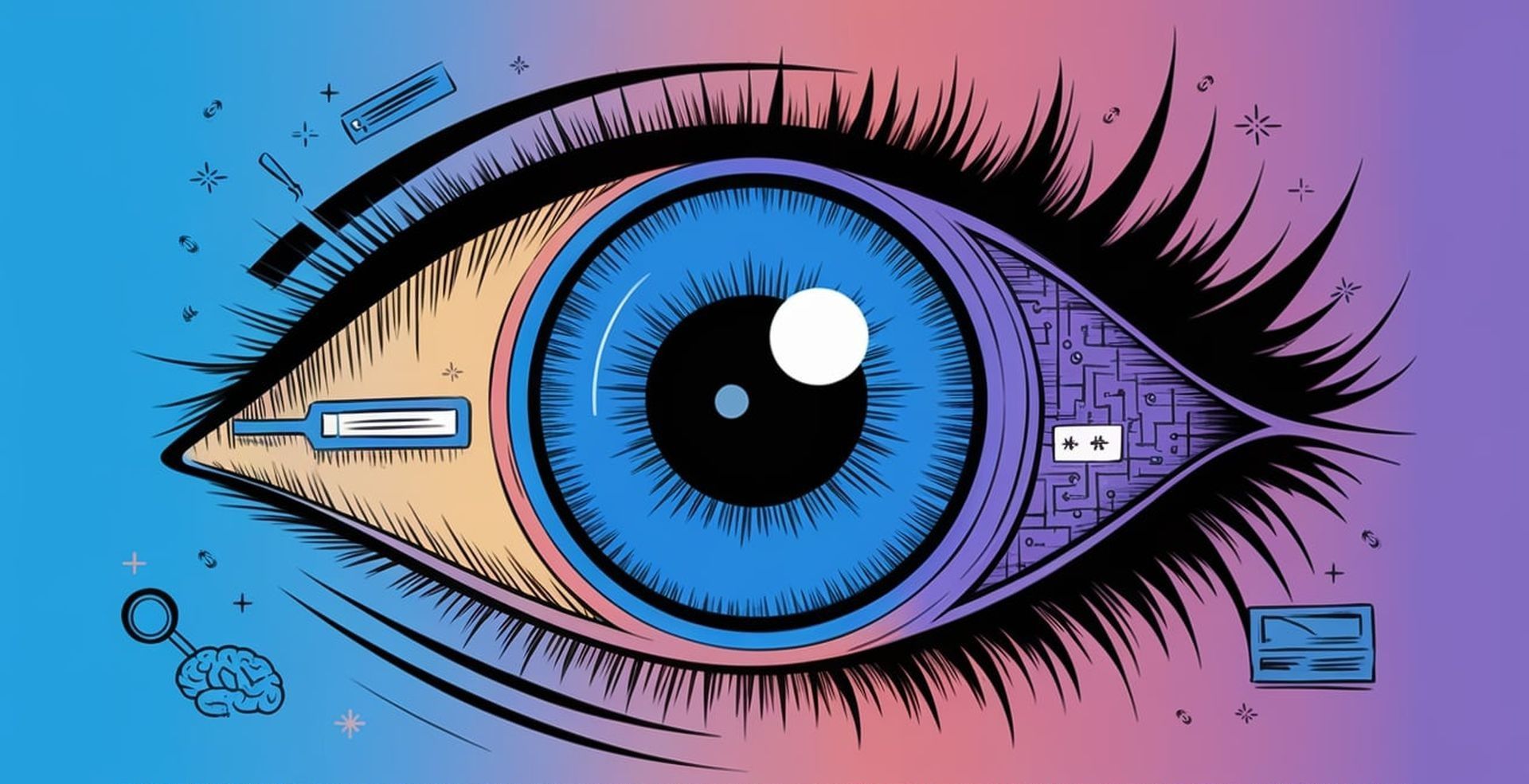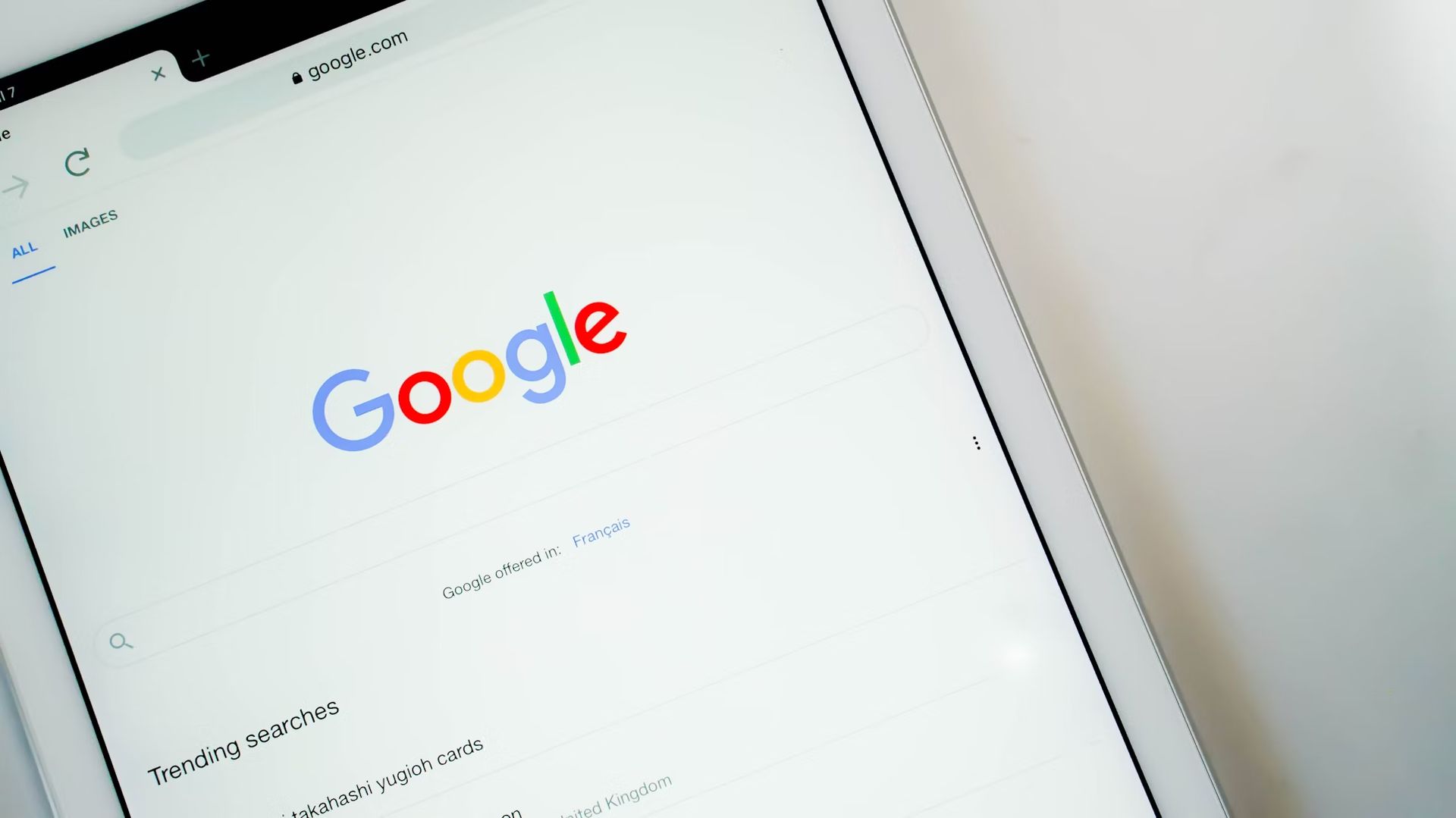and the distribution of digital products.
DM Television
Does ChatGPT Search mean the end for traditional search engines?

OpenAI has launched ChatGPT Search, an AI-powered competitor to Google, Bing, and Perplexity. Initially announced as SearchGPT in July, it now integrates visual graphics and sources for queries on topics like weather, news, and stocks. Powered by GPT-4o, it partners with leading news organizations. Currently available to ChatGPT Plus and Team users, it offers conversational responses, citing sources for deeper exploration.
How can ChatGPT Search evolve web search?For decades, Google has been the undisputed leader of web search. It started by indexing the web and making it easy for people to find information. Over time, Google refined its algorithms and became the go-to source for answers. But now, things are changing. ChatGPT Search has arrived, promising a new way to find information that could challenge the traditional search engines we all use.
ChatGPT Search takes a different approach. Instead of offering a list of web links, it tries to provide direct, conversational answers to user questions. You ask something, and instead of needing to click through ten links to find what you need, the answer appears right there. This shift could change how we think about search—but does it mean the end for traditional search engines like Google?
Video: OpenAI
Traditional search vs. AI-powered search: Key differencesThe main difference between traditional search engines and AI-powered search like ChatGPT comes down to how they handle information. Google, for example, uses its PageRank algorithm to deliver a ranked list of websites that may have the information you need. You get a series of links, and you choose the one that seems most helpful.
In contrast, ChatGPT Search aims to understand your question and provide a clear, direct answer. Instead of links, it offers a response—sometimes with visual elements like maps or charts—to give you exactly what you need without needing to dig through multiple sources. It’s an “understand and answer” model rather than “index and rank.”
This change means the user experience is different. Rather than spending time analyzing different web pages, users get what they want faster. ChatGPT Search aims to feel more conversational, almost like talking to a knowledgeable person. The goal is simplicity—finding the right answer without extra effort.
What makes ChatGPT Search different?One key difference lies in the way ChatGPT Search interacts with users. Traditional search engines use keyword matching and algorithms to determine which web pages to display. ChatGPT Search, however, processes natural language. You can ask it questions as if you’re having a conversation, and it tries to give you a well-rounded answer, drawing on various sources.
Another difference is how ChatGPT Search provides information. In traditional search, users scan through links to find relevant details. In ChatGPT Search, there are summaries that combine information from multiple sources. If you ask, “What did Apple announce this week?” ChatGPT provides a brief summary of new products, including MacBook updates and iMac announcements. It tells you what’s new, and you can click on a source if you want to learn more.
The use of visual elements also sets ChatGPT apart. For questions like “What’s the weather this weekend in New York City?”, ChatGPT includes simple graphics to illustrate the forecast. These visuals are a new element that make the experience more dynamic and less reliant on text alone. OpenAI has partnered with news and data providers to offer these elements, which helps make the answers more engaging.
 While ChatGPT Search sounds promising, it has its limitations (Image credit)
Limitations of ChatGPT Search: What’s missing?
While ChatGPT Search sounds promising, it has its limitations (Image credit)
Limitations of ChatGPT Search: What’s missing?
While ChatGPT Search sounds promising, it has its limitations. Traditional search engines like Google have been refining their algorithms for decades. They excel at providing a wide range of perspectives and letting users explore a topic in depth. ChatGPT Search, on the other hand, simplifies information, which can sometimes lead to incomplete answers.
The summarization aspect of ChatGPT Search can also be problematic. By condensing information, it risks oversimplification. In contrast, Google allows users to browse various articles, compare viewpoints, and dive deeper into the topic at hand. For research-heavy tasks, traditional search engines might still be more useful. You get not only the answer but also the context and supporting details.
Another limitation is that ChatGPT relies heavily on its partners for information. If those partnerships are limited or have biases, the responses may also be restricted. Unlike Google, which pulls data from millions of indexed sites, ChatGPT’s sources are more curated, which might mean fewer available perspectives.
OpenAI has admitted there’s still “room for improvement.” Features like shopping and travel queries are not yet fully developed, and it’s still working on integrating the search with its Advanced Voice feature. As a new competitor, ChatGPT Search lacks the depth and robustness that Google has built over many years.
Privacy is a key concern in the competition between ChatGPT Search and traditional search engines. Google’s business model depends largely on advertising, which involves tracking user behavior to serve relevant ads. Over the years, this has led to concerns about how Google collects and uses user data.
ChatGPT Search takes a different approach, promising a more transparent system. OpenAI has stated that it may share “disassociated search queries” with other providers, like Bing, to improve results. It also scrapes location data from users’ IP addresses to deliver accurate information. These practices aim to improve user experience, but they still involve collecting user data.
The question becomes: Which system do users trust more with their data? While Google has a long track record—both good and bad—ChatGPT is relatively new. It’s too early to tell whether users will feel comfortable sharing their queries and data with an AI search engine that is still finding its footing.
 For decades, Google has been the undisputed leader of web search. It started by indexing the web and making it easy for people to find information (Image credit)
Google’s response and Microsoft’s role in the battle
For decades, Google has been the undisputed leader of web search. It started by indexing the web and making it easy for people to find information (Image credit)
Google’s response and Microsoft’s role in the battle
Google isn’t sitting still while ChatGPT Search makes waves. It’s developing its own AI capabilities, such as Bard and AI Overviews, to provide more sophisticated answers. These developments signal that Google is adapting, rather than being disrupted. It’s taking some of the best aspects of AI-powered search—like direct answers—and incorporating them into its existing infrastructure.
Microsoft vs. Google: A battle renewed over cloud dominance
Microsoft is also a significant player in this battle. With Bing Copilot, Microsoft has integrated AI into its search engine, positioning itself as a direct competitor to both Google and ChatGPT. Microsoft’s partnership with OpenAI means that ChatGPT Search could benefit from Bing’s technology, further blurring the lines between these competitors.
Unlike Google, which has to navigate its established dominance, Microsoft has taken a more flexible approach. It’s experimenting with AI integration in a way that challenges traditional models, making Bing more competitive than it has been in years. Bing’s AI-driven features, like summarizing answers and citing sources, overlap with ChatGPT Search’s functionality, which makes this a three-way battle for the future of search.
The future..Will ChatGPT Search spell the end of traditional search engines like Google? It’s too soon to say. Each system has its strengths, and the competition may push all of them to improve.
Traditional search engines like Google are great for in-depth research. They offer a range of information, often going beyond a simple answer to provide context, related resources, and varying viewpoints. For someone looking to deeply understand a topic, this is still crucial. ChatGPT Search, in contrast, excels at quick answers and simple queries. If you want to know the weather, get a summary of recent news, or learn about a specific topic without wading through multiple pages, it’s faster and more user-friendly.
A likely scenario is that both AI-powered search engines and traditional ones will coexist. Users might turn to Google when they want to research a subject, explore different perspectives, or make sure they’re getting the most comprehensive information available. Meanwhile, they might use ChatGPT Search for straightforward answers—where speed and convenience matter more than depth.
Google, Microsoft, and OpenAI all have strong points, and this competition will likely drive innovation across the board. Google has experience and reach, ChatGPT has conversational capabilities, and Microsoft is leveraging its AI and partnerships to bridge gaps between them. Each company will have to focus on what makes it unique while improving its weaknesses.
Featured image credit: Kerem Gülen/Ideogram
- Home
- About Us
- Write For Us / Submit Content
- Advertising And Affiliates
- Feeds And Syndication
- Contact Us
- Login
- Privacy
All Rights Reserved. Copyright , Central Coast Communications, Inc.